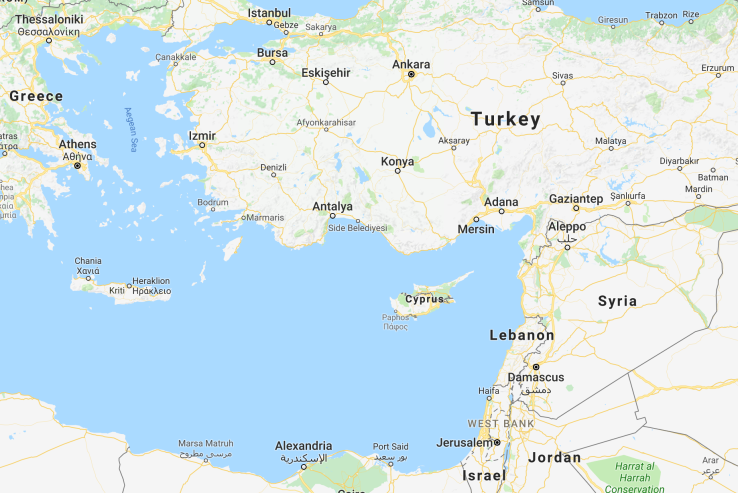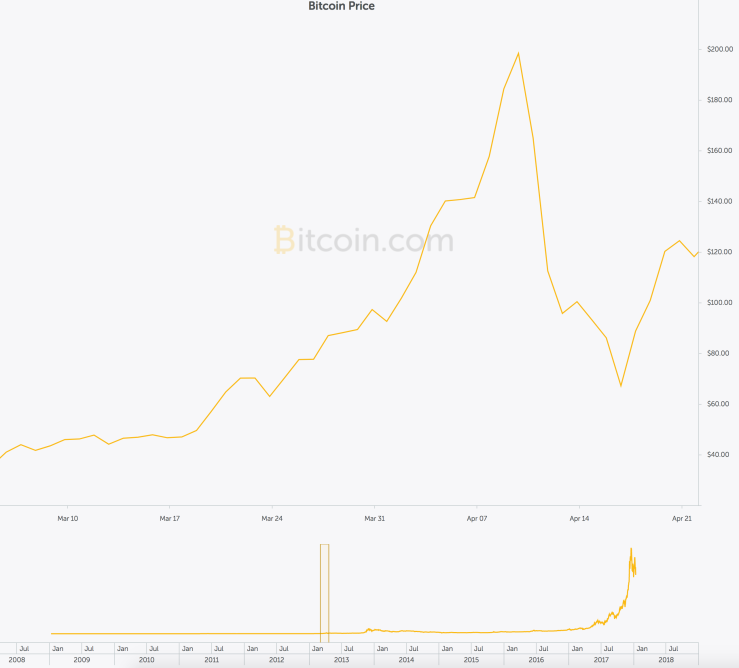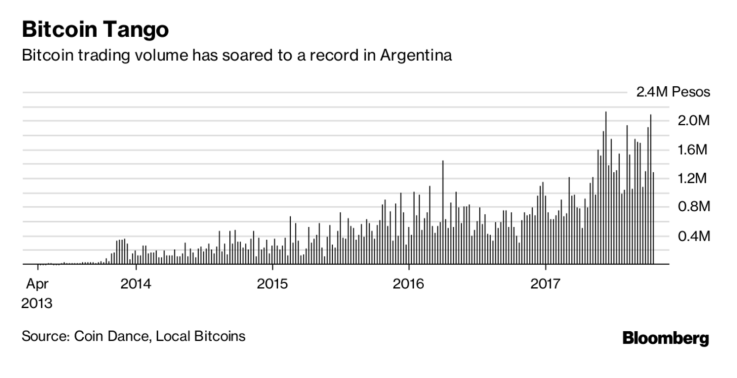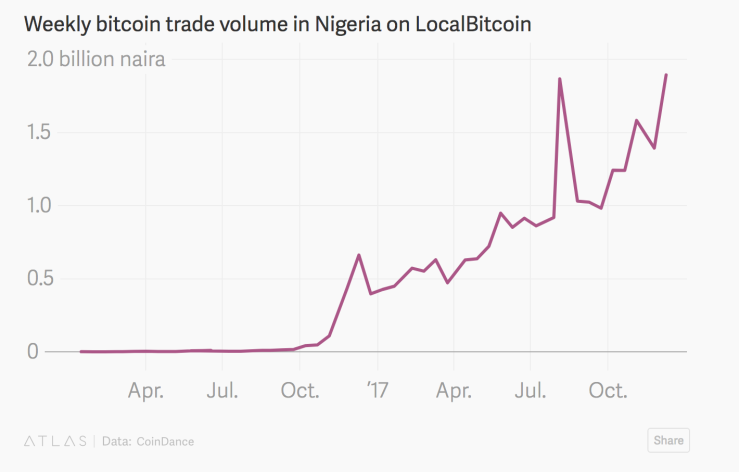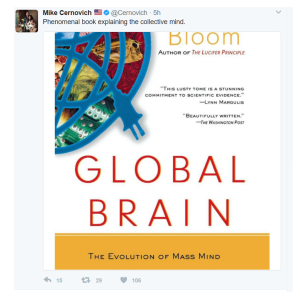Dr. Jordan Peterson’s fans will point to the “Gotcha” moment that left Cathy Newman speechless (22:12) as evidence of a win. His detractors will use it to portray him as the aggressor. Both mischaracterize the nature of the conversation. For starters, the exchange was a discussion not a debate. Both parties benefited. Peterson gained even more notoriety and publicity for his book. Newman is in the business of getting eyeballs. One episode of her show garnered a global audience and over 6M views.
The “Gotcha” moment occurred because there was an obvious fallacy in Newman’s question:
CN: Why should your right to freedom of speech trump a trans person’s right not to be offended?
Who enjoys the right not to be offended? How would such a right be enforced? And You think Peterson is dangerous?
JP: Because in order to think you have to risk being offensive. I mean look at the conversation we’re having right now. You know like you’re certainly willing to risk offending me in the pursuit of truth. Why should you have the right to do that? It’s been rather uncomfortable.
LAUGHTER
CN: I’m very glad I’ve put you on the spot.
JP: You get my point, that is you are doing what you should be doing, digging a little bit to see what the hell is going on, and that is what you should do. But you’re exercising your freedom of speech to certainly risk offending me, and that’s fine, more power to you, as far as I’m concerned.
At (23:15) you can hear in Newman’s voice that she is flustered. She trips on the word voluntarily and then quickly, and impressively, gathers her composure. Peterson just shuts up and lets her ask her next question. Blood was in the water, but he didn’t attack. Instead, he embodies the type of meekness he encourages in his book.
The best part of interview came a few minutes later. Peterson claims that the philosophy guiding utterances of trans activists is the same philosophy that was used by leftist authoritarians like Mao. Newman looks genuinely perplexed and aghast. That’s reasonable. The connection isn’t obvious, but “as far as I can tell,” is everything Peterson has been saying publicly for the last year and a half. The question was the pitch Peterson was waiting for.
CN: Okay, tell us how that philosophy is in any way comparable?
I wish Peterson had used the famous the Clayton Bigsby reply of, “How much time you got?” Instead he calmly explains his position.
JP: Sure, that’s no problem. The first thing is the philosophy presumes that group identity is paramount. That’s the fundamental philosophy that drove the Soviet Union, Maoist China, and it’s the fundamental philosophy of the left wing activist. It’s identity politics. It doesn’t matter who you are as an individual, it matters who you are in terms of your group identity.
I’m not claiming Peterson is right. I also believe that Peterson would like to be wrong. Unfortunately all I see his critics do is call him names and decline debates. If Peterson’s theory is correct, the consequences would be horrifying:
There would be anarchy on college campuses. Professors wouldn’t be allowed to present opposing viewpoints. Honest people would get fired and publicly shamed. Certain topics would be off-limits on Youtube and censored on Twitter.
Oh wait.
Newman offers no argument against Peterson’s claim and retreats to a barrage of ad hominem attacks. She suggests Peterson is merely a provocateur and in her loudest tone adds, “You are like the alt-right that you hate to be compared to.” It’s a pathetic retort, perhaps a sign of frustration, or last-ditch attempt to get Peterson emotionally charged.
He doesn’t take the bait and Newman quickly changes subjects. Peterson is caught of guard for a second and finds humor in the ironic segue. He enjoys the last laugh.
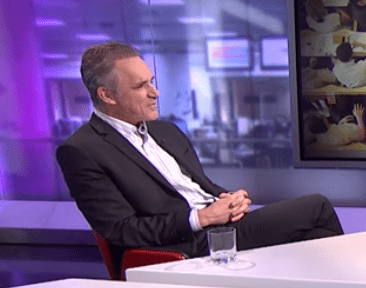
Then the interview went viral and his book sales skyrocketed. How’s that for “multiple levels of interpretation?”

